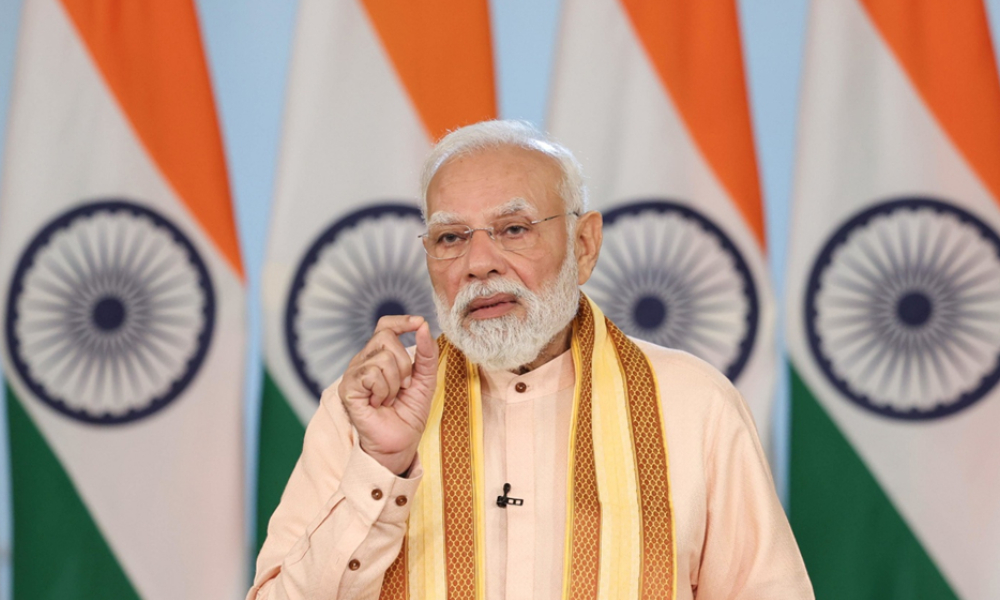At a high-level, closed-door meeting chaired by Hon’ble Prime Minister Shri Narendra Modi in New Delhi on 3rd November 2025, Mr. Kirit Bhansali, Chairman, GJEPC, joined a select group of industry leaders representing key export sectors that drive India’s merchandise trade. Speaking on behalf of the gems and jewellery sector — a $30 billion export powerhouse contributing 7% to India’s total merchandise exports — Bhansali outlined an ambitious roadmap to transform India into the world’s leading gem and jewellery hub by 2047.
In his address, Bhansali thanked the Prime Minister for his visionary leadership in forging landmark trade agreements, including the India-UAE CEPA, which has propelled plain gold jewellery exports by an impressive 47.4% annually between FY2023 and FY2025. He also commended the progress of FTAs with the UK, Australia, and EFTA nations, expressing optimism that the forthcoming US BTA and India–EU FTA would further strengthen India’s global trade leadership.
Bhansali remarked, “It was an honour to join the select industry meet chaired by Hon’ble Prime Minister Shri Narendra Modi. Under his visionary leadership, India’s gem and jewellery sector has achieved remarkable growth and ease of doing business. With his continued guidance, we are confident of surpassing US$100 billion in exports and building a US$500 billion domestic market by 2047, making India the global hub for gems and jewellery.”
Bhansali presented a series of strategic policy reforms designed to boost competitiveness, attract investment, and improve operational efficiency across the sector:
- Modernise the Customs Act, 1962
Drawing parallels with India’s recent criminal code reforms and the success of faceless income tax assessments, Bhansali called for a similar transformation of the Customs Act through the introduction of a Risk Management System and AI-based Digital Appraisals. These upgrades would make customs operations faster, more transparent, and cost-efficient — critical steps toward improving ease of doing business.
- Provide Affordable Export Credit
Highlighting that exporters in competing economies enjoy significantly lower interest rates, Bhansali urged the Government to introduce a concessional export credit scheme, particularly for MSMEs. Extending interest subvention and ECGC premium subsidies, he noted, would make Indian exporters more competitive and expand the nation’s share in global trade.
- Expedite SEZ Act Amendment
With nearly 65% of India’s studded jewellery exports coming from SEZs, Bhansali appealed for the swift passage of the SEZ Act amendment to allow limited domestic sales with fair duty adjustments. This reform, he explained, would optimise idle capacity during off-seasons, ensuring greater productivity and job stability.
- Introduce a National Gem & Jewellery Park Policy
To strengthen domestic manufacturing and attract global investment, Bhansali proposed a National Gem & Jewellery Park Policy, similar to those implemented in the textile and leather industries.
He further suggested that a comprehensive White Paper on the Gems & Jewellery Sector be prepared, drawing on inputs recently shared by GJEPC with NITI Aayog and findings from a recent Exim Bank report.
Concluding his remarks, Bhansali emphasised that India’s future growth depends on evolving into a true trading economy — one that builds on its natural strengths, leverages strategic trade agreements, and embraces policy modernisation to unlock its full export potential.

